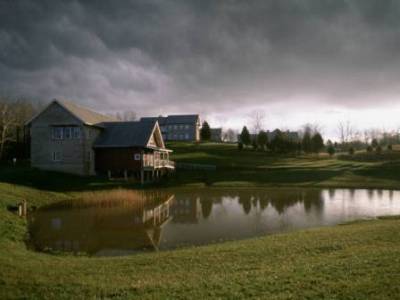A variety of factors are known to influence fish behavior. Through experience and study, anglers learn to adapt their fishing activities to changing conditions.
Weather is perhaps the most important factor that can affect fishing. Not only does weather impact the angler’s comfort, but it can also have critical effects on fish behavior. Wind, temperature changes and light levels are all weather-related and these factors combine in a myriad of ways to influence fish.
Barometric pressure is widely regarded as one of strongest factors that affect fishing. Sudden changes in barometers often coincide with fishing activity. Some species are said to stop feeding during certain barometric conditions, while fishing for other species may actually improve.
Timing is often a critical factor to fishing success. For some species, the first and last hours of daylight often trigger feeding periods. Seasons also have tremendous impacts on fish and angling success. Although many people associate fishing with summer, much of North America’s best freshwater fishing occurs in the spring, fall and even during the cold winter months.
Spawning runs are critical periods for freshwater fishing. Several species of anadromous fish migrate from saltwater into North American rivers. Other spawning events occur in inland lakes or mountain streams.
Insect hatches can trigger excellent fishing. These usually occur in coldwater streams and northern lakes when aquatic insect nymphs emerge from the water and morph into adults. Perhaps the most famous quote in fishing is “match the hatch.” The term refers to the act of selecting a fly that mimics the correct species of insect during a hatching event.
When forage species migrations occur, gamefish usually gather to feed. These events can be triggered by weather, seasonal influences, food availability, or other factors. A variety of other food source events can trigger good fishing. Many of these are not widely known and are often known only to local anglers.
